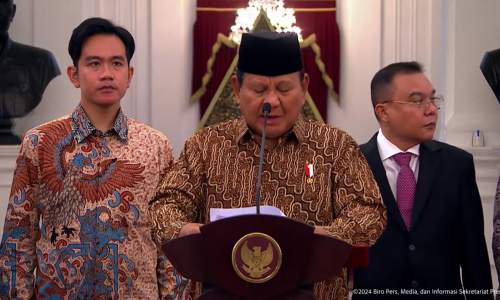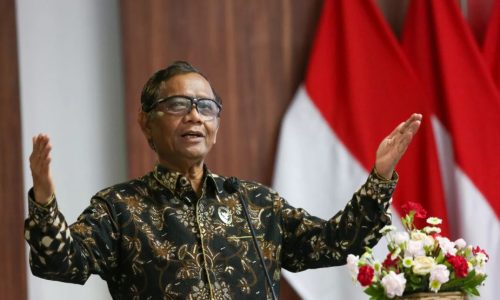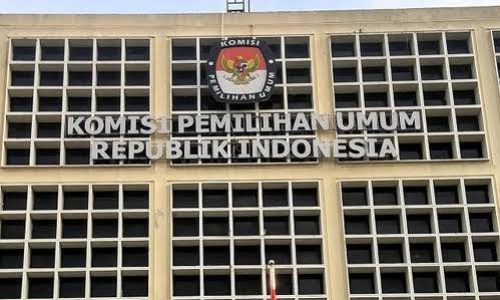The government through Minister of Industry, Agus Gumiwang Kartasasmita, has emphasized that there are no plans to disburse bailout funds to textile company PT Sritex, which was recently declared bankrupt by the Semarang Commercial Court, even though the company is facing legal challenges in relation to its debt restructuring.
Currently, Agus said, the government’s focus is on the ongoing process at the Court of Appeal, which is expected to bring positive results for this large Indonesian textile company.
“There is no discussion of a bailout. There is still the appeal process. Even if Sritex losses the appeal case, it can still file a judicial review,” Agus said over the weekend.
Agus emphasized that the government has prepared various rescue options depending on the final results of the ongoing legal process.
He added that the government hopes that the homologation process that has been agreed upon by the relevant parties can run smoothly, considering that the agreement also includes debt restructuring efforts.
“I hope that the homologation that has been agreed upon by various parties can run, which includes debt restructuring. That is the best way out,” he said.
Chairman of the Indonesian Chamber of Commerce and Industry (Kadin), Anindya Bakrie, asked the government not to intervene directly in the rescue of PT Sritex. He suggested that the steps taken by the government should remain in accordance with the law without causing negative impacts on the industrial sector.
“Direct intervention can cause chaos in the business world and become a moral hazard that triggers negative reactions from other industry players,” Anindya said as quoted by CNBC on Monday, November 4, 2024.
Anindya assessed that the rescue of Sritex could be an important momentum to improve the governance of the manufacturing industry, especially the textile and textile product (TPT) sector. According to him, the government can use this case as an opportunity to address fundamental problems in the national manufacturing industry and prevent similar problems from occurring in the future.
“This is the momentum to improve the governance of national industry and trade. The big goal is to protect and maintain the stability of the national economy so that economic growth is truly for the welfare and prosperity of the Indonesian people,” he said.
Anindya hopes that every step taken will continue to prioritize economic stability without sacrificing healthy competition in the business world. Including prioritizing the bailout option.









